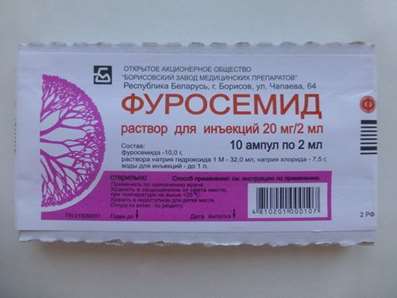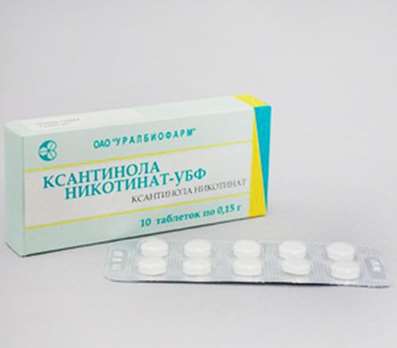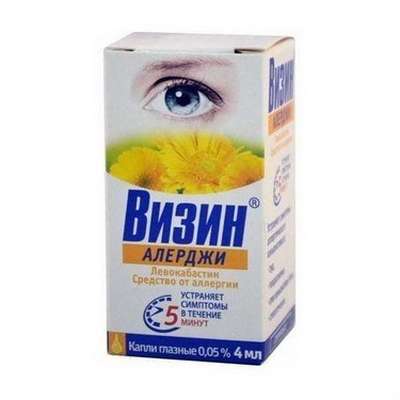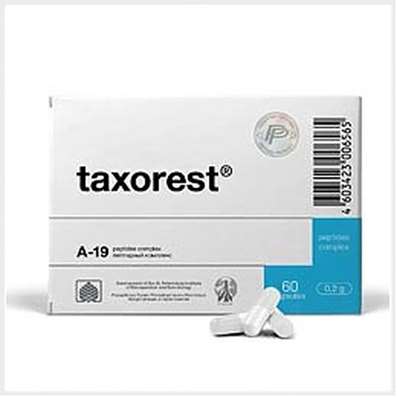Instruction for use: Pilocarpine (Pilocarpinum)
I want this, give me price
Chemical name
(3S-cis) -3-Ethyl-dihydro-4 - [(1-methyl-1H-imidazol-5-yl) methyl] -2 (3H) -furanone (as hydrochloride or nitrate)
Pharmacological group
M-holinomimetiki
Ophthalmic products
Nosological classification (ICD-10)
H34 Occlusion of retinal vessels
Arterial thrombosis of the vessels of the eye, Venous thrombosis of the vessels of the eye, Violation of retinal circulation, Disturbances of intraocular circulation, Insufficient blood supply to the mesh and choroid, Occlusion of central retinal vessels,Acute obstruction of retinal arteries, Subacute and chronic circulatory insufficiency in the retina or in the choroid of the eye, Vascular diseases of the retina, Vascular disorders in the retina of the eye, Vascular thrombosis of the retina, Central retinal vein thrombosis, Thrombosis of the central vein of the retina and its branches, Thrombosis of the central vein of the retina and its branches
H40 Glaucoma
glaucoma intervention., Afakicheskaya glaucoma, narrow-angle glaucoma, Chronic glaucoma, Chronic open-angle glaucoma, Wide-angle glaucoma
H43.1 Hemorrhage in the vitreous
Hemorrhage intraocular, Post-traumatic hemorrhage
H47.2 Atrophy of the optic nerve
Atrophy of the optic nerves, Leber's disease
Code CAS
92-13-7
Characteristics
Plant alkaloid Pilocarpus pinnatifolius Jaborandi. Colorless crystals or white crystalline powder odorless, with a bitter taste; Hygroscopic, very easily soluble in water, easily - in alcohol, insoluble in most non-polar solvents; The aqueous solutions have a pH of 5-5.5.
Pharmacology
Pharmacological action - antiglaucoma.
It stimulates the muscarinic receptors of smooth muscles, incl. Iris and glands of digestive, bronchial, external secretions (salivary, sweat, etc.). It causes a contraction of the circular (miosis) and ciliary (spasm of accommodation) muscles.
When ingested quickly absorbed, the time to reach Cmax is about 60 min. Metabolized in synapses and plasma. T1 / 2 is 0.76 h and increases in proportion to the dose. Excreted mainly by the kidneys, in urine is found in unchanged form and in the form of metabolites. In the conjunctival sac, it is practically not absorbed and does not have a general effect. Systems with sustained release of the active component (eye film), wetting with tear fluid, swell and retain in the lower conjunctival arch. The release of pilocarpine begins immediately after contact of the film with conjunctiva.
When the angle-closure glaucoma narrows the pupil, causes the iris to move away from the angle of the anterior chamber and promotes the opening of the helmet canal and the fountain spaces. In patients with open-angle glaucoma also opens the helmet channel and trabecular gaps and increases the tone of the ciliary muscle. With primary open-angle glaucoma or ocular hypertension, a single instillation of a 1% solution causes a decrease in intraocular pressure by 25-26%. The action begins after 30-40 minutes, reaches a maximum after 1.5-2 hours and lasts for 4-8 hours. Systems with long-lasting release of pilocarpine provide control of intraocular pressure for 1 day, while the induced myopia rapidly decreases during the first hours and Usually does not exceed 0.5 diopters.
Indications
Glaucoma, incl. Acute attack, violation of eye trophism with thrombosis of the central vein of the retina or acute obstruction of its arteries, atrophy of the optic nerve, hemorrhage into the vitreous; Elimination of mydriatic action of atropine, gomatropin, scopolamine.
Contraindications
Hypersensitivity, iritis, iridocyclitis and other conditions in which the narrowing of the pupil is not recommended (for example after ophthalmic operations, except when it is necessary to narrow the pupil directly after surgery to prevent the formation of synechia); Anamnestic indications of retinal detachment, high degree myopia with the risk of detachment of the retina.
pregnancy and lactation
The action category for fetus by FDA is C.
For the period of treatment, it is desirable to refuse breastfeeding.
Side effects
Headache (in the temporal or periorbital areas), eye pain, myopia, accommodation spasm, blurred vision, dizziness, dizziness, rhinorrhea, superficial keratitis; With prolonged use - follicular conjunctivitis, contact dermatitis of the eyelids.
Interaction
The effect is weakened (stopped) by the holinomimetics of the atropine group. Timolol maleate and phenylephrine (reduce the production of intraocular fluid) potentiate a decrease in intraocular pressure. Possible increased side effects of beta-blockers (pronounced bradycardia, intracardiac conduction disorders). In combination with adrenomimetics, there is mutual antagonism (the size of the pupil). M-holinomimeticheskaya activity reduced tricyclic antidepressants, derivatives of phenothiazine, chlorprotixen, clozapine, is enhanced by anticholinesterase agents. Perhaps the development of bradycardia and hypotension during fluorotan anesthesia in patients who use pilocarpine hydrochloride in eye drops.
Overdose
It is manifested by a significant increase in m-cholinomimetic effects, incl. With the development of severe cardiovascular insufficiency and bronchoconstriction.
Treatment: monitoring of heart rate, blood pressure, respiratory function, administration of atropine (0.5-1.0 mg p / c or IV), epinephrine (0.3-1.0 p / c or IM), and Sufficient amount of liquid.
Routes of administration
Locally.
Precautions
Regular monitoring of intraocular pressure is necessary. To reduce absorption after instillation, it is recommended to squeeze the tear duct for 1-2 minutes, pressing the finger at the inner corner of the eye. Educate the patient on the use of sustained-release systems and warn that prolonged use may lead to the development of tolerance. With caution appoint persons engaged in driving vehicles and other potentially hazardous activities that require clear vision, increased attention and high reaction speed.

 Cart
Cart





